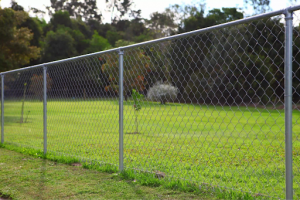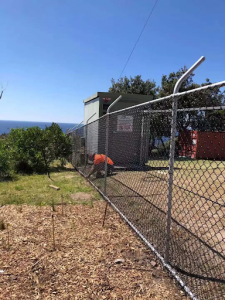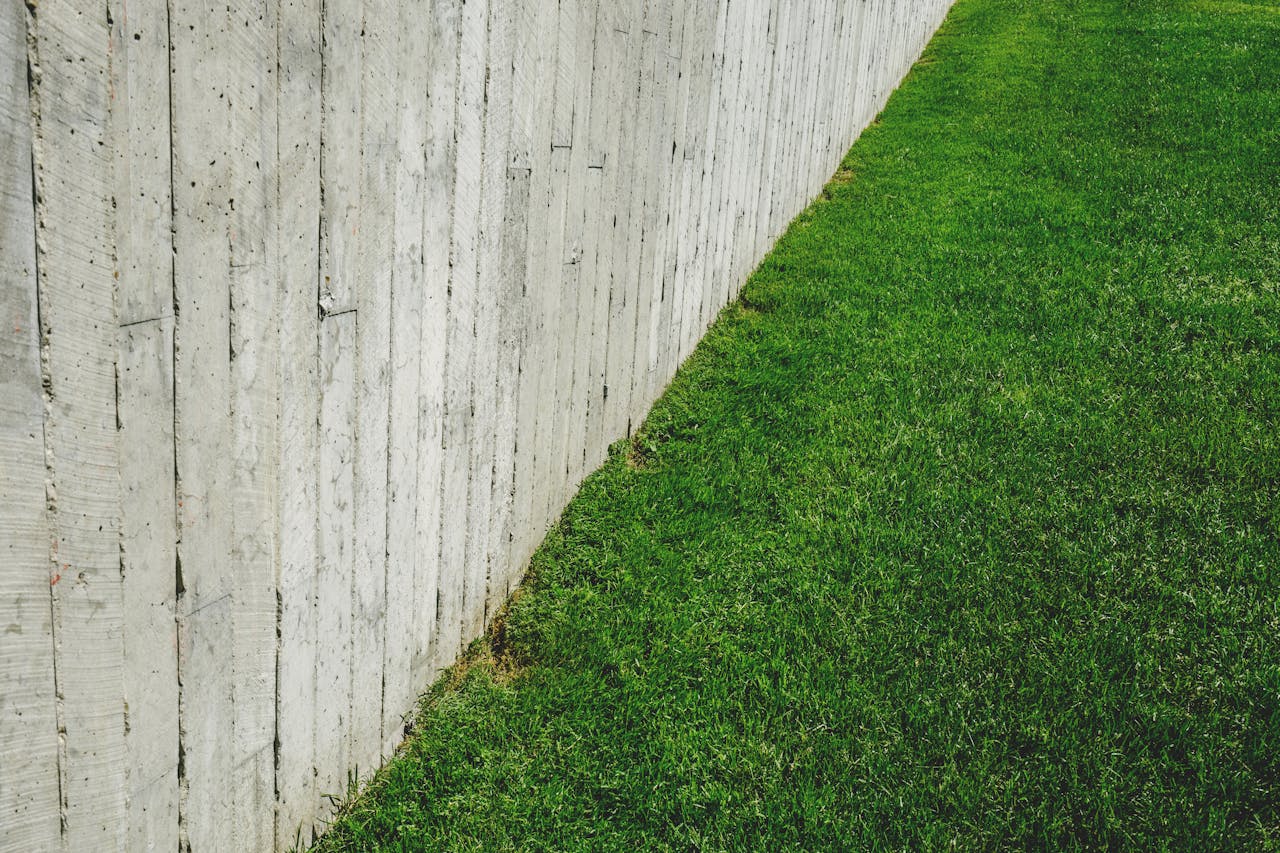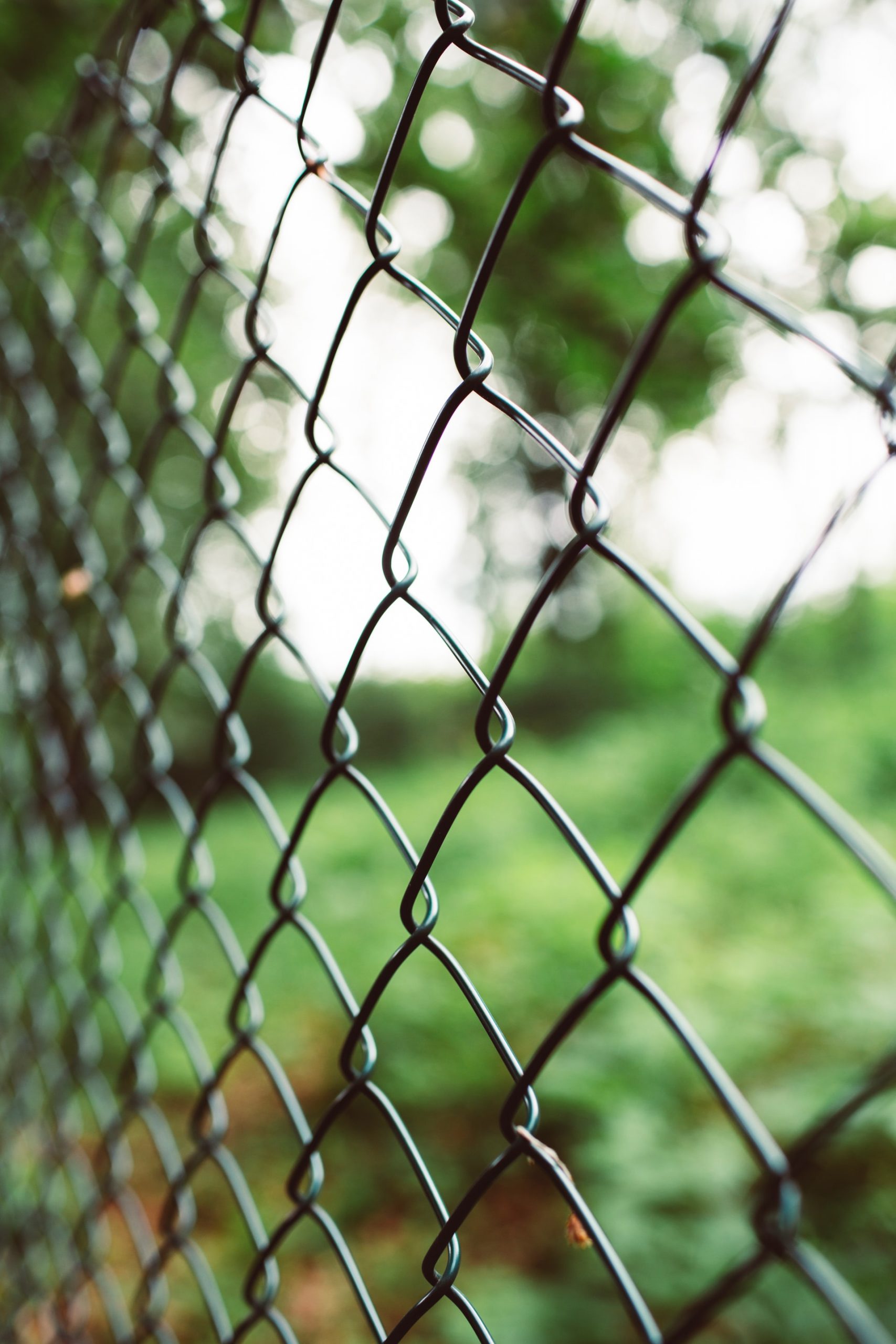When installing a sturdy, long-lasting fence, the depth at which your fence posts are set plays a critical role. Whether you’re constructing a boundary for privacy, security, or aesthetic purposes, fence post depth ensures that your structure can withstand environmental pressures. In Australia, soil type, climate, and fence height dictate how deep your fence posts should be.
At Longain Fencing, we understand the intricacies and provide expert fencing solutions tailored to the unique conditions across Sydney and beyond.
The Importance of Fence Post-Depth
A well-installed fence is only as strong as its foundation, and that foundation begins with properly dug fence posts. Digging to the correct depth ensures the fence post is secure and stable, preventing potential tilting or collapse. A deeper post can better handle the weight of the fence and resist forces like wind, rain, and soil erosion.
What Are The Main Factors That Influence Fence Cost Per Metre?
In determining how deep your fence posts should be, several factors come into play:
- Soil Type: One of the most significant factors is the soil. Sandy soils, due to their loose composition, may require deeper holes, while clay-based soils, which are denser, may hold posts more securely at shallower depths.
- Climate: In areas prone to heavy rainfall or high winds, deeper posts are necessary to prevent the fence from becoming unstable. Coastal regions may also require special considerations due to salt exposure, which can erode the materials over time.
- Fence Height: The taller your fence, the deeper your posts need to be. Taller fences have a larger surface area that catches wind, putting more pressure on the posts.
Regional Guidelines for Digging Fence Posts

Fence post depth Australia regulations can vary depending on your region. Most states recommend that fence posts be set at least one-third of the fence height. However, specific guidelines depend on local conditions:
- NSW: In New South Wales, particularly Sydney, soil and weather conditions vary. Coastal areas might require posts to be set at least 600mm deep, while rural areas with more stable soils may get away with a depth of 500mm.
- Queensland: Due to the cyclone-prone areas, deeper posts are often recommended, going as deep as 800mm to ensure stability.
- Victoria: With its wetter and colder climate, regions in Victoria may also require posts to be dug deeper to prevent moisture-related issues, typically around 600mm.
For expert advice specific to your location, Longain Fencing can provide professional insights tailored to your fencing project.
FAQs on Fence Post Depth

Does soil type affect how deep fence posts should be dug?
Yes, soil type plays a significant role in determining the required depth for your fence posts. Sandy soils may require deeper holes due to their loose composition, while clay-based soils, which are denser, may hold posts more securely at shallower depths. It’s essential to understand the soil type on your property before starting. It is also necessary to ensure that the posts are set deep enough to avoid shifting or tilting.
How does the climate affect fence post depth in Australia?
Deeper fence posts are essential for ensuring stability in regions prone to high winds or heavy rainfall, such as coastal areas or cyclone-prone regions in Queensland. The force of the wind can cause shallower posts to become loose over time. Similarly, heavy rains can lead to soil erosion, weakening the post’s foundation. In more temperate climates like New South Wales, standard depth guidelines are usually sufficient for most residential fencing projects.
What is the standard depth for fence posts in Australia?
For most residential fences, posts should be set at a depth of at least 600mm. However, for taller fences or fences in extreme weather conditions, such as those in cyclone-prone areas, posts should be set deeper—around 800mm or more.

Can I install fence posts myself, or should I hire a professional?
While DIY fence post installation is possible, several risks include improper post depth and alignment. Hiring a professional like Longain Fencing ensures your fence posts are set correctly, maximizing stability and longevity.
Is concrete necessary for setting fence posts?
Concrete is generally recommended for securing fence posts, as it provides additional stability, especially for taller or heavy-duty fences. Concrete helps to anchor the posts securely, preventing them from shifting over time due to weather or soil movement.
Conclusion
Fence post depth is crucial in building a robust and long-lasting fence. Whether it’s the soil type, climate, or fence height, all these variables influence how deep your fence posts should be dug. To ensure your fence is installed with precision and care, trust Longain Fencing for professional advice and installation services. Visit our website to learn more about our products and services, or check out our Gallery for our expert work.



